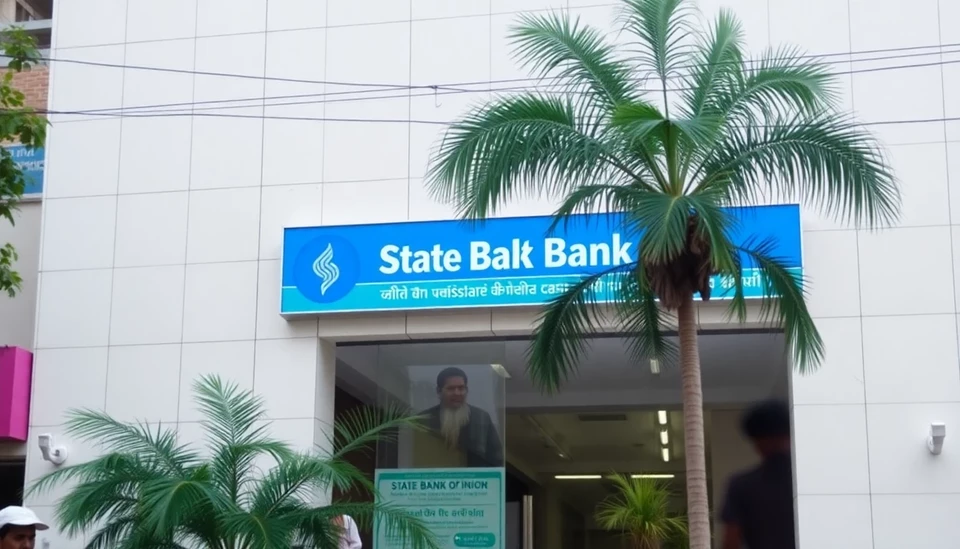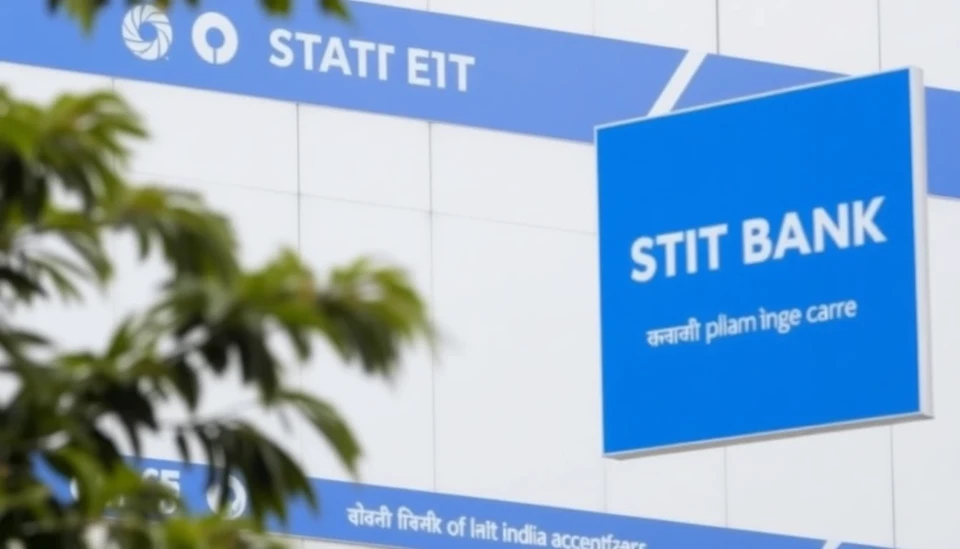
In a bold move signaling its commitment to financial inclusion, the Chairperson of the State Bank of India (SBI) has unveiled ambitious plans aimed at reaching the millions of unbanked individuals across the country. This initiative comes as part of a broader strategy to bolster the bank's customer base while also fulfilling the government's vision of banking for all.
During a recent press conference, SBI Chairperson, Dinesh Khara, emphasized the critical need for enhanced banking services in rural and underserved areas. He stated that the bank is determined to bridge the gap in access to financial services, particularly for those who have historically been excluded from the formal banking system. This push is not just a business opportunity for SBI; it is also seen as a responsibility towards economic empowerment.
One of the cornerstone strategies of this plan is the introduction of user-friendly banking products specifically designed to cater to the needs of the unbanked population. These products are expected to simplify the banking process and make it more accessible than ever before. Khara pointed out that the bank will leverage technology to facilitate easier account opening procedures and provide services that can be accessed via mobile devices, aiming to reach tech-savvy younger generations in remote areas.
SBI is also looking to expand its branch network into rural territories where banking infrastructure remains limited. The bank has stated its intention to establish over 1,000 new branches in the coming years, ensuring that basic banking facilities are available where they are most needed. This expansion aligns with the government’s push towards financial inclusion, as more people will have the opportunity to open bank accounts, obtain loans, and access other financial services.
Additionally, SBI is set to enhance its education and awareness programs, which will inform potential customers about the benefits and necessities of having a bank account. By focusing on financial literacy, the bank hopes to build trust within these communities, showing that banking is not just a privilege for the urban populace but a reachable resource for everyone. Khara reiterated the belief that "an informed customer is a valuable customer," highlighting the importance of education in achieving sustainable growth and inclusion.
As part of the ongoing push to digitize banking, SBI is also investing in improving its digital banking platforms to ensure they are user-friendly and secure. The bank is keen on creating an ecosystem where transactions can be conducted seamlessly, which in return would chase away the hesitancy in adopting digital banking solutions among the rural populace.
This strategic shift not only positions SBI as a forward-thinking institution but also responds to the growing demand for inclusive financial practices, especially amidst rising competition from fintech startups that are already forging paths into the unbanked market. The SBI is determined to establish itself as a formidable player in this emerging landscape while ensuring that no one is left behind.
With this initiative, the State Bank of India is poised to play a pivotal role in transforming lives through financial inclusion. The bank's efforts reflect the belief that banking should be a basic resource for every individual, not just a privilege enjoyed by a few. As it approaches this significant challenge, the SBI is ready to make positive strides toward building a financially inclusive society.
In conclusion, the State Bank of India's intention to reach the unbanked population aligns with broader economic objectives and highlights the evolving role of banks in society. As the SBI embarks on this journey, it remains to be seen how other institutions will respond and whether the unbanked will take advantage of the emerging opportunities.
#StateBankofIndia #FinancialInclusion #BankingForAll #RuralBanking #DigitalBanking #EconomicEmpowerment
Author: Victoria Adams
